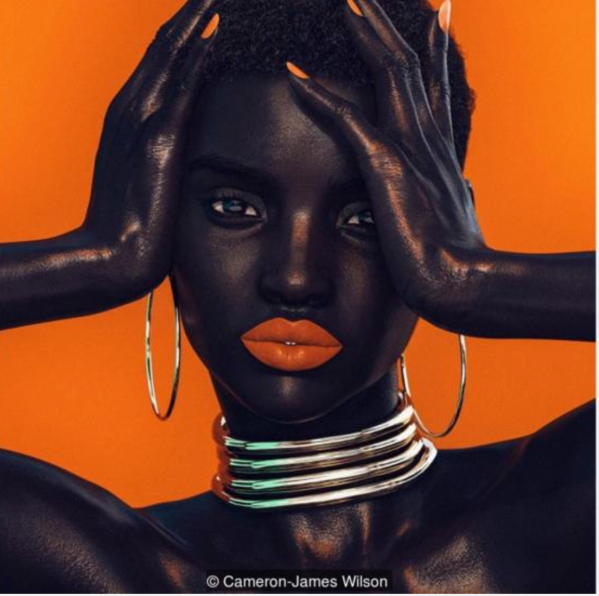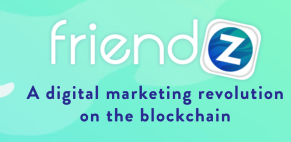Artificial intelligence is the creation of intelligent machines that work to react like humans do, examples of this include apple’s Siri or Tesla’s self driving cars and it is undoubtably revolutionising industries.
There is a huge potential for AI to boost digital marketing, some examples of areas which we are already starting to see a impact are;
Personalising the user experience, we have seen AI shifting into this area in the form of chat bots which are enhancing the users experience trying to create a way that makes the customer feel that they’re talking to a real person. Additionally we are seeing the rise of augmented reality, where it gives the customer the ability to perceive the product before purchase.
Thanks to AI we are seeing the use of image recognition, where it is possible to identify detailed descriptions of images and use this to recognise and identify different faces and emotions. Enabling marketers to extract consumers patterns, behaviours and needs from huge data bases of images.
Does this come with implications or opportunities for markets?
From this we can see AI is creating an industry with higher productivity and increased customer experience.
If robots are taking over certain marketers tasks what does it mean for jobs?
I think AI means roles of marketers will evolve into something new not be lost. The world will still need certain human aspects and traits involved in the way we market that AI will not be able to provide anytime soon.
Image source: Google images










